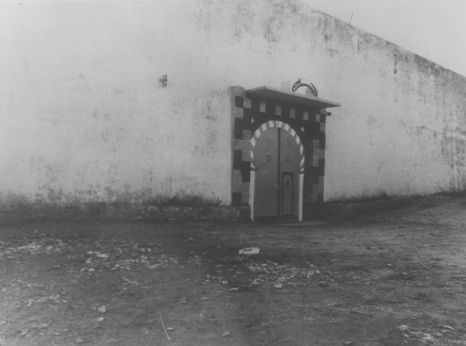Blogger prosecuted for humorous post

Emna Chargui said that she is a staunch defender of personal freedoms and has been outspoken about freedom of beliefs and conscience, but she only shared this post because she thought the way it described the COVID-19 context in Tunisia was amusing. She said, “I expected that people would get a laugh out of it”. The text she shared is a humorous take on the reactions to COVID19 in Tunisia. It imitates the rhymes and format of a quranic verse. It reads as follows: a play on a Quranic verse in terms of structure, mentioning that the virus came from China and that people need to wash their hands and refrain from buying semolina in reference to the shortage of semolina that Tunisia witnesses during the beginning of the lockdown.
Emna mentioned that her blogs and social media posts often trigger waves of insults from people who don’t agree with her views but the comments she had received in the aftermath of this social media post were threats that she had never experienced before. She quotes one death threat she received: “here is my name and my picture, I don’t care if I go to jail as long as I kill you.” Another person sent her a message of her picture with her father with a message threatening to kill her father “get a sponge to wipe his blood once I kill him.” Emna has been documenting and sharing screenshots of all the gruesome threats she has been receiving. She doesn’t feel safe and had to change her location several times in the past weeks. She told Amnesty International that she didn’t even feel safe going to her trial whose date and location are publicly known now.
While Tunisia is known among its neighboring countries for more progressive laws and a constitution that provides a protective framework that grants freedom of expression, religion, and faith, in practice a number of Tunisian laws and fall short on those terms.
Despite the fact that Emna Chargui’s post does not incite to violence or hatred, she was charged under Article 52 and 53 of the Tunisian press code. Article 52 provides a prison sentence of one to three years and a fine from one to two thousand Dinars (500 USD) to anyone who explicitly calls for hatred between races, religions and inhabitants and uses hostile means or violence or racial discrimination. Article 53 punishes with a fine of one to two thousand dinars everyone who purposefully uses preaching sites for political campaigning and anyone who intentionally infringes on any of the licensed religious rites.
Amnesty International has documented a growing trend of prosecutions of bloggers, journalists and activists using legislation that penalize peaceful speech, notably speech deemed to be offensive or defamatory not only toward individuals but also toward state institutions and speech deemed liable to disturb the public order or morality. The Tunisia's 2014 Constitution guarantees the right to freedom of expression under Article 31. Tunisia is party to the International Covenant on Civil and Political Rights (ICCPR), which also guarantees the right to freedom of expression.